Coronavirus vs Mental health

Mental health concerns
“Social distancing” is the antithesis of all that is considered therapeutic in mental health. Enforced isolation deprives human beings of social contact, the need for which is hard-wired into human brains. B Y VANDANA GOPIKUMAR, DEBORAH PADGETT, ALOK SARIN, ROBERTO MEZZINA, ANDREW WILFORD AND SANJEEV JAIN.As a group of mental health professionals, academics and social scientists from India, the United States and Italy, we are acutely aware of our privilege as a part of a minority who enjoy the luxury of being able to intellectualise the health, humanitarian and existential crisis around COVID-19. In this knowledge, we attempt in all humility to present a broad interdisciplinary narrative of how population mental health may be addressed, both now and in the longer term. In doing so, we revivify mental health, broadening its scope, incessantly cognisant of its multifactorial causal pathways, especially in anomalous times such as this.
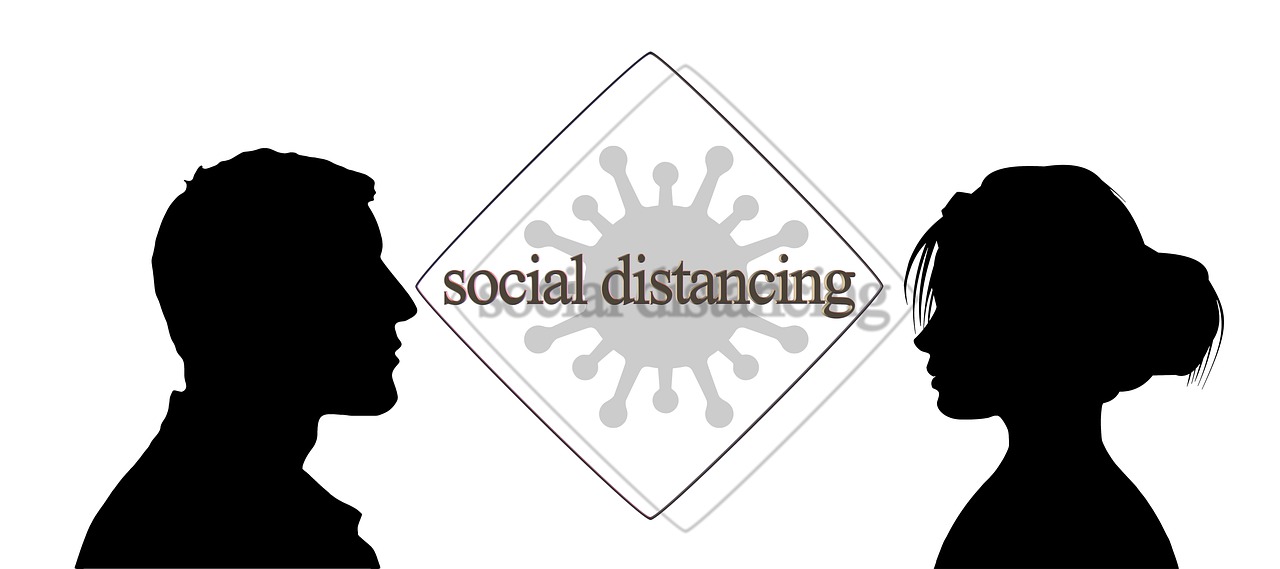
Health services in many countries are under enormous pressure and face unprecedented challenges. Medical professionals and scientists, among others, have been at the forefront of relentlessly driving the effort to save lives and build systemic responses both by dissemination of adequate public health approaches, and in parallel, genetic mapping, drug and vaccine development. Despite persistent efforts, millions will be infected by the coronavirus and several thousands will die. This emergency has put all aspects of normal everyday life on hold, with expectations that individuals as well as institutions will focus on a single goal: containment and mitigation. Meanwhile, mental health care must take (seemingly) a back seat to life or death decisions made by exhausted health care workers. For a newly mutated virus that has no vaccine or cure, the only tool that we have to slow the velocity of spread is reducing social contact. So apart from maintaining hygiene, the mechanism of “bending the curve” of the spread is “social distancing”. The problem is that “social distancing” is the very antithesis of all that is considered therapeutic in mental health. Enforced isolation deprives human beings of social contact, the need for which is hard-wired into our brains. Indeed, in human primates, the need for social behaviour is as keenly experienced as that of hunger. The difficulty is obvious. “Social distancing” takes away what people need most in times of great distress—warmth, support and collective meaning-making.
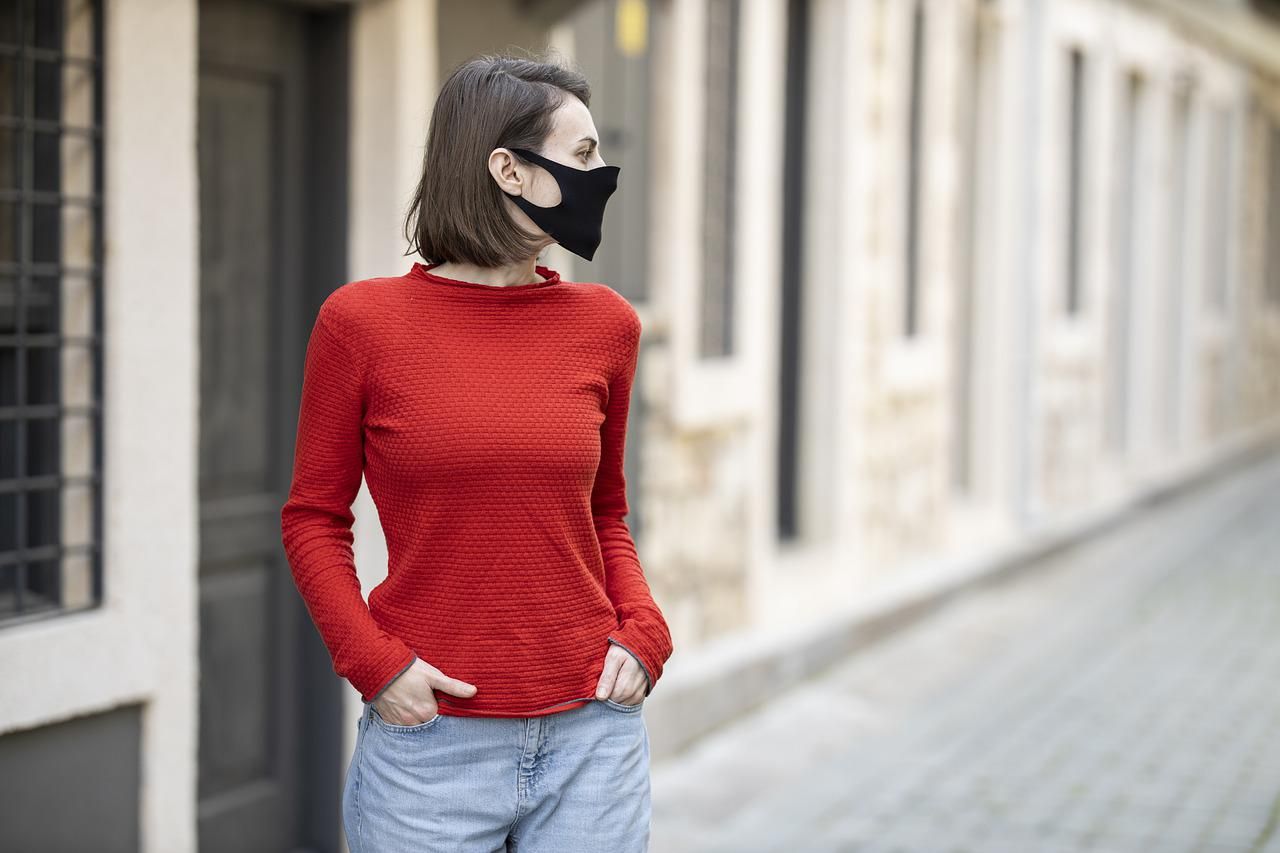
In this situation, psychological distress, inextricably linked to social losses, has to be addressed adequately. Narratives of the catastrophic effects of the pandemic (such as mass unemployment, depletion of support networks, gender-based violence and housing instability), find fertile breeding grounds in disenfranchisement and marginalisation. Although not yet documented by epidemiologists, there will likely be an increase in deaths by suicide, in severe depressive episodes and in spikes in anxiety, characterised by feelings of apathy, excessive rumination, loss of control and hopelessness. Similar trends were observed around the Spanish Flu Epidemic of 1918 and the Great Depression in the 1930s, indicating that mental health concerns and care may not have changed significantly over time.
What has changed has been the exponential growth of a mental health “industry” of providers working in hospitals, clinics and private offices. Regrettably, access to mental health care has not kept pace with access to health care and “specialist” outpatient services are mostly restricted to those who can pay for them—leaving public mental health services over-burdened and somewhat inaccessible in times of need. Key principles of effective mental health care, such as close engagement and involvement with clients, cannot be maintained from a distance or solely through a computer screen (assuming the person in need has access to a computer). Barriers of cost—now compounded by distance requirements—render mental health care unattainable. The individual relationship, the main instrument of therapy and assistance in mental health, can no longer be used freely and directly.
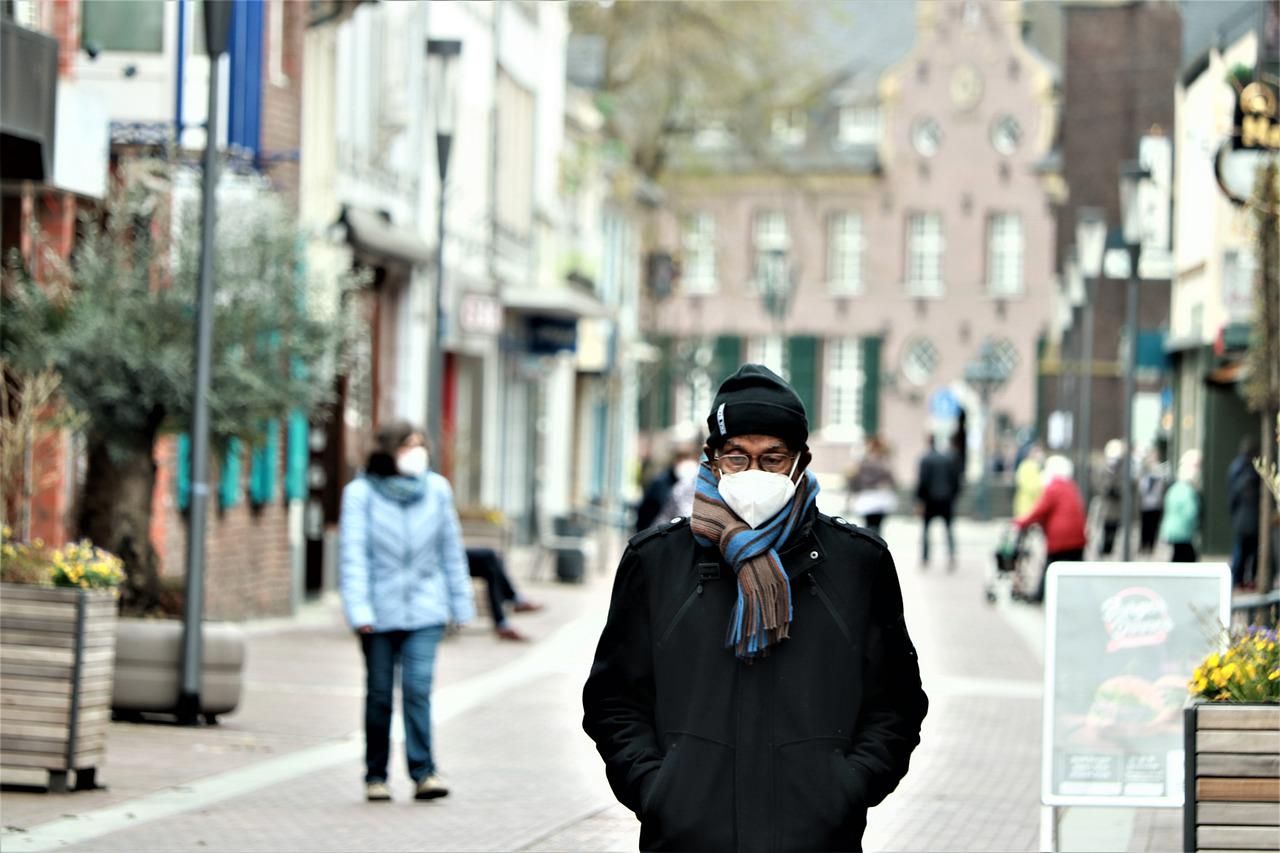
Franco Basaglia, the Italian mental health reformer, envisaged the “restitution of the social body” as the utopia for modern mental health reform. This is now under threat as social networks shrink to the essential. Increasingly people are exhorted to distance themselves from the social body and social contacts are reduced to connections on the Internet, telephone or television. This, in turn, generates increasing exposure to unreliable sources, exploitation and perceived loss of security, amplifying the experience of stress and suspicion. Alienation generated by the absence of social ties and exacerbation of conflict experienced within families can also sharpen, leading to moments of domestic crisis. While, we do not wish to pathologise and classify reasonable, unprocessed and innate distress into a diagnostic box, sudden and overwhelming stress may indeed exacerbate depressive traits.
Developed in the early part of the 20th century, psychological first aid was the first response of mental health professionals as part of the treatment for shell-shocked soldiers facing the horrors of a brutal war that rained death from within and beyond one’s gaze. Attending to basic needs, providing succour, demonstrating empathy and concern, and hope were seen as essential to the process of healing . While a mental health professional would typically offer therapeutic support of this nature, it may be an opportune time to focus on the social alongside the intra-psychic. Therapy and bio-medical care when required can provide essential recourse, no doubt. However, emergent needs mandate that human service professionals formulate collaborative care plans and account for and address structural and systemic barriers as well, that often precipitate and perpetuate distress with a vigorous capability to influence ill-health and recovery trajectories. Integration of democratic and supportive methods such as open dialogue and socio-therapy is essential, now more than ever before. In order to enhance the effectiveness of problem-solving efforts and mental health solutions, a comprehensive life span perspective that addresses legitimate concerns of service users, is recommended.
The unequal burden of both epidemics
The social gradient in mental health is reinforced in the current crisis. For the majority caught in a web of economic marginalisation, social disadvantage, inequity, gender disparity and powerlessness, the human experience of the pandemic and related social losses and opportunity costs could bolster a further downward spiral into a state of hopelessness. Globally, health, social and economic inequities, stand unconcealed and evident today more than ever before.The COVID-19 outbreak came amidst an alreadydeepening crisis of rising economic inequalities and homelessness in much of the world. Mandated “stay-athome” policies have been a cruel reminder that homeless persons have no place to seek refuge. Moreover, the dominant model of homeless services—crowding dozens or hundreds of people into a shelter with poor sanitation and poor nutrition—was a recipe for impending disaster. Globally, encampment “clearings”—sweeps by sanitation workers and the police—continue unabated and remove what little refuge their inhabitants have managed to cobble together, exposing them to the elements and greater risk of infection. With foot traffic on the streets and access to casual labour virtually non-existent, opportunities to generate a meagre income have disappeared.
The loss of jobs—especially low-wage service industry and jobs in the informal sector—is likely to push more and more people into homelessness. Similarly, lockdowns in many parts of the world have exposed other vulnerable groups and communities to further risk. Women may find themselves in the way of harm, exposed in isolation, to intimate partner violence and/or domestic violence, with no reprieve in sight. Casteism, classism and other ritualistic practices in communities are often both amplified and justified, in times such as this, resulting in further alienation and othering, as herd mentality and group identity gets the better of reason, humanity and social connectedness.
It has never been more urgent to step aside from conservative and rigid kinship practices, social processes and individualistic notions and embrace the values and practices of sharing and solidarity, both civil and social. This is critical if we want to enhance the sense of being part of a community. In this context, mental health services can act as bridges. In a re-discovery of the self, we should pay attention not merely to physical care, for example fitness and healthy lifestyle, but focus on a form of Foucauldian “care of the self”. What do we really need? What is essential? Who are we, as individuals and groups? How do we behave? Important questions in today’s day and age. As we are thrown back on ourselves, something quite new to many of us, we must seize the opportunity to listen to ourselves and, at the same time, reinvigorate a sense of community and common struggle.

Othering and identity of the virus
We see both dimensions of our human nature on display in our response to this pandemic. Everything appears normal, and yet we are told that danger lurks in every touch, on every surface, and in every breath shared with others. At the same time, we are also made aware that the virus is a mutation of the influenza virus, that it originated in bats, can spread only by droplet infection, and can cause death only in a small segment by an acute inflammation of the lungs, identified by ground glass opacity (GGO) in the lungs. In a population that has limited social capital and unequal access to education and health care, the voice of reason and science may be drowned by the fear of disease, amplified by polemical discourse. The need to democratise science and medical care and make it transparent and accessible to all is an essential approach to quell fear and unconfounded terror and panic, often a cause for knee-jerk reactions and self-harm.On the ugly side, we have seen callous indifference to the economic divides within our society that allocates resources, economic, medical and educational, in response to our varied lockdowns and “social distancing” measures. A few communities, in particular, are experiencing racist rhetoric and attacks on an alarming scale, exacerbated, sadly and unnecessarily, by labelling the virus as the “Chinese virus”. Expert knowledge shared by medical professionals and immunologists is publicly doubted and derided through a political lens that amplifies conspiracy theories and gives voice to irrational forms of political denialism. The need to label, deflect and externalise that which levels all of humanity is on full display with its attendant ugliness, racialisation, and (oftentimes religious) obscurantist anti-expert populism. Catastrophic events of this nature are bound to deepen and widen fault lines, be they personal, societal, economic or communal. Anxieties emanating from the uncanny and sublime often lead to frenetic and feverish archiving of the other’s evil, as an attempt to exteriorise and name that power and malevolent force.
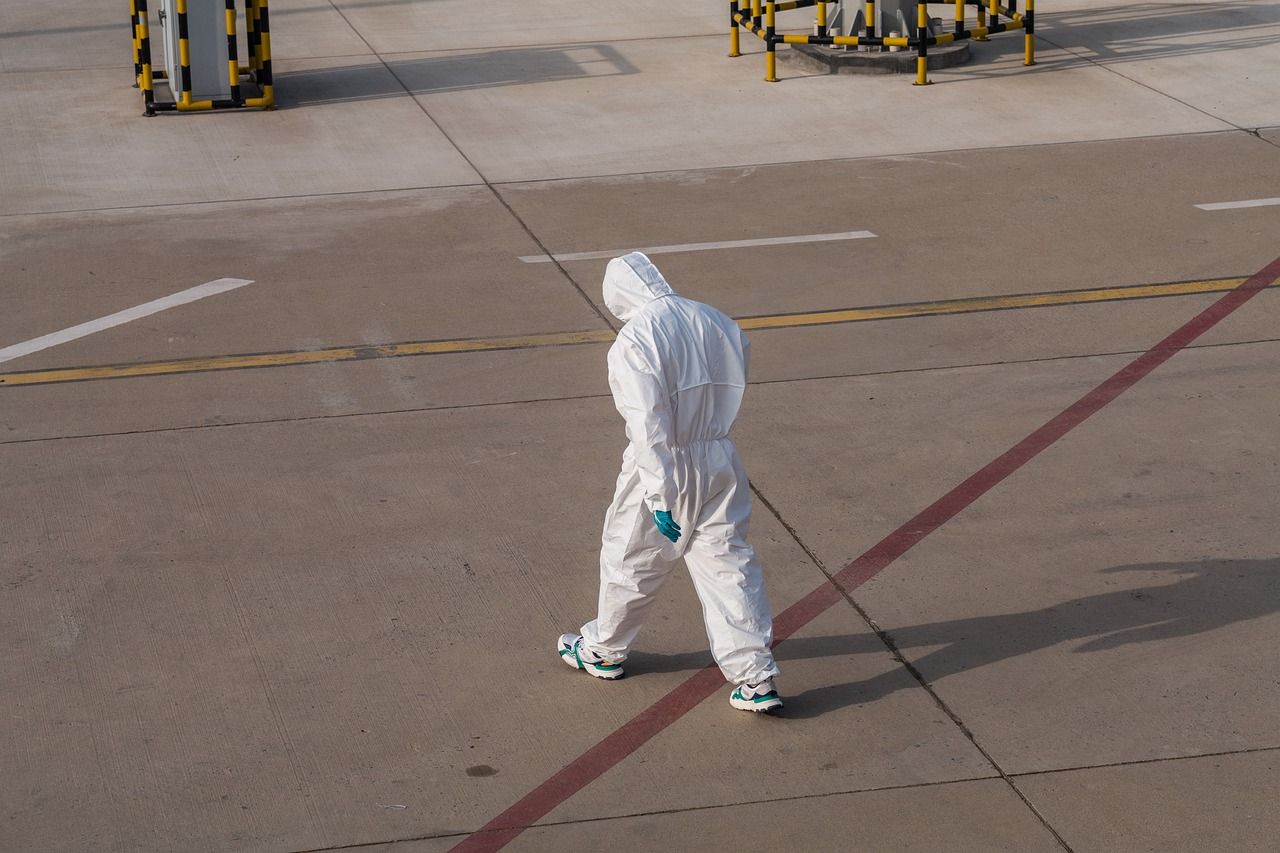
Humans as social beings
Literally millions of people are willing to stay indoors out of a sense of caring for others’ well-being as well as their own. To sacrifice our own freedom for the good of others. Yes, there are egregious exceptions among youthful party-goers and some religious groups but the outpouring of goodwill and loving care being shown has caught many of us by surprise. The zeitgeist of competitive individualism has suddenly been called into question. The longer-term effects of this great social experiment remain to be seen but it is hard to imagine a return to the previous status quo.This is a case in point to realise that there is within humanity an intrinsic sociality and altruism that strives to overcome the overwhelming sway of anxiety not through othering, but through empathy and care. It is no exaggeration to say that “culture is in our bones”, given our evolutionary species-being. We, unlike many of the animals we share the planet with, evolved through a selection pressure towards plasticity, or a capacity to learn through symbols, which, in turn, was also a selection pressure towards social cooperation and the learning it enabled. Rather than the “naked ape” depicted in Stanley Kubrick’s classic, 2001: A Space Odyssey—a weapon wielding and aggressive hominid—the evidence from paleontological record suggests otherwise. From endocasts we see that the sulci within the brain associated with language and learning corresponded to greater social complexity within our material culture, as well as the morphological changes to our bodies that allowed for the selection of larger and more complicated brains. That is to say, we are, despite our oftentimes pathological descents into racial and ethnic othering, also hard-wired, paradoxically, for culture and meaning as it is that “software” that makes us truly human. A selection pressure for incompleteness and plasticity then means that the human adaptation was, and remains, one of learning, empathy, and cooperation, as much as it is of labelling the inherent dangers and exteriority of the other as a threat.
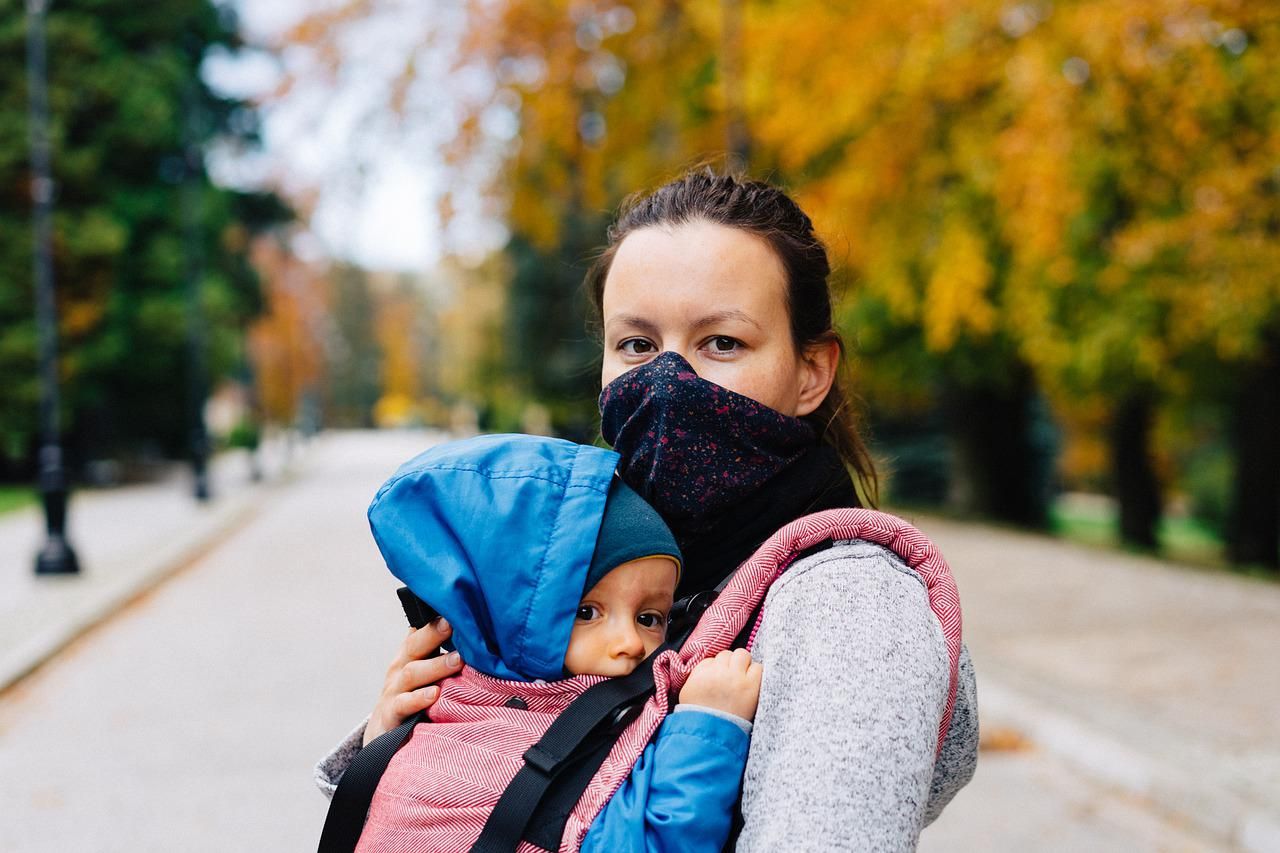
Systemic social health responses
In the background of uncertainty and despite some governance, social and political blips, flourishes of cooperative and determined action have left people around the world feeling hopeful. Many positive moves have surfaced, if only to stem the tide of infection and reduce the strain on medical care. Moratoriums on evictions have been enacted, compensation measures for daily wage earners have been initiated, community kitchens have opened; the suggestion of a basic income has been mooted in a few countries. It remains an open question whether political leaders will further harness and nurture our better angels and tear open the archives of difference that threaten to make this disaster truly catastrophic for the future of our common humanity. Or out of this, will the inarticulate trauma and the silences that it harbours within, in particular the younger generations, be met by an opening of spirit and psychological inquiry that does not rush to judgment, and with it, the pathologising of those who are suffering by erecting more borders and virtual archives of racial, ethnic, and religious difference (exploiting the tyranny of small differences). If our better angels emerge at the international, national, and local levels, perhaps this moment will not only better prepare us to meet other existential challenges like climate change and inequitable progress and development, but will also push us past the brink of intolerance, classism, sexism, ableism, populism and nationalist xenophobia that are plaguing our planet at this time.In what could be best described as a natural social experiment, the current situation presents us with threats, challenges and opportunities of an unprecedented scale. As a consequence, how we behave as nation states, communities and individuals, may have the propensity to influence not just our immediate, but future life, culture and society, as well. Is there then embedded in the recesses of this tale of despondency and gloom, an opportunity to calibrate our collective consciousness?
And yet the mental health consequences of “social distancing” should not be underestimated. Boredom, isolation, loneliness, fear and anxiety are a recipe for need that goes well beyond the rudiments of hand-washing and mask wearing. But—as with the 9/11 attacks in New York City in 2001 or the tsunami that hit large parts of Asia in December 2004—the effects are mitigated by the “we’re all in this together” sense that consumed these cities and regions in the months afterward. Every walk through empty city streets is a reminder not only that the worst pandemic is upon us but the best social caring response possible is also with us. And if the virus is contagious, so is hope.
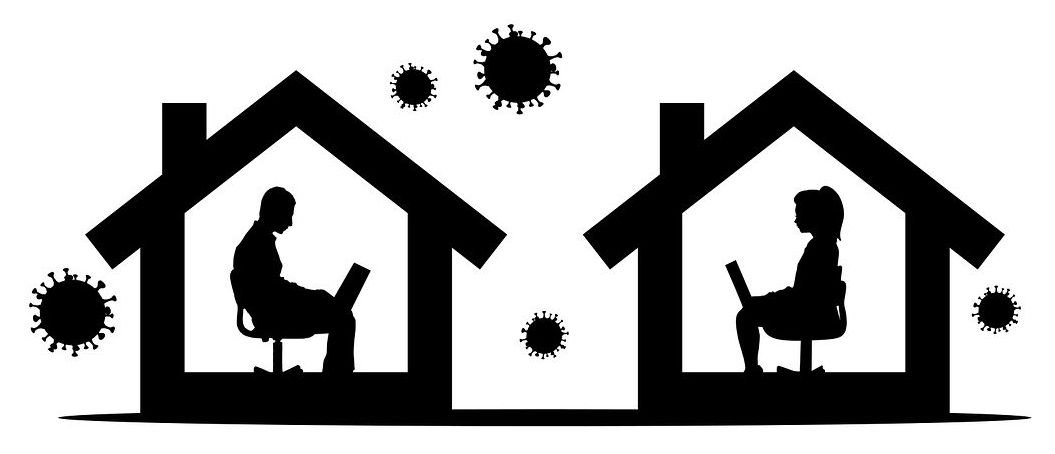
Dr Vandana Gopikumar is co-founder, The Banyan, The Banyan Academy of Leadership in Mental Health and The Other Identity Foundation, Chennai.
Dr Deborah Padgett is professor, Silver School of Social Work, and affiliate professor, School of Global Public Health and Department of Anthropology, New York University, United States.
Dr Alok Sarin is consultant psychiatrist, Sitaram Bhartia Institute of Science and Research, New Delhi.
Dr Roberto Mezzina is vice president, European Region, World Federation for Mental Health, Italy.
Dr Andrew Wilford is professor of anthropology at Cornell, University, U.S.
Dr Sanjeev Jain is professor, Department of Psychiatry, National Institute of Mental Health and Neurosciences, Bengaluru.
text provided by our Facebook subscribers